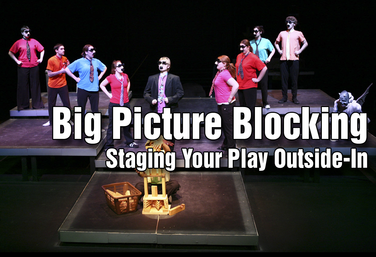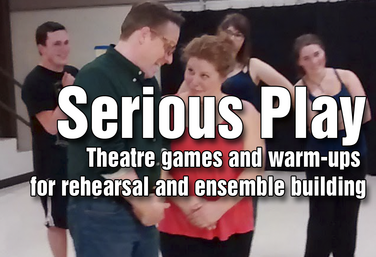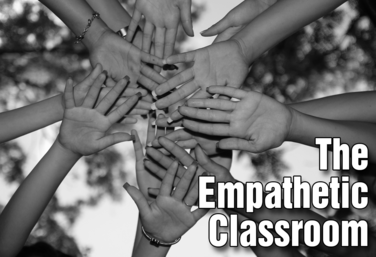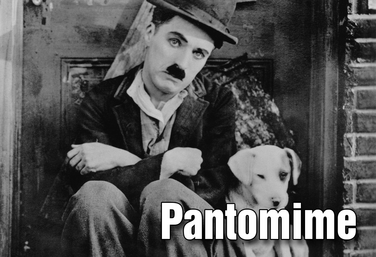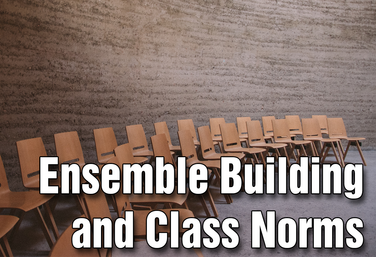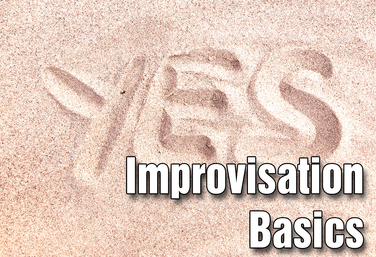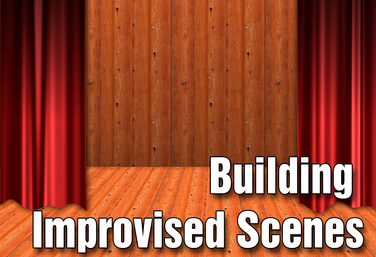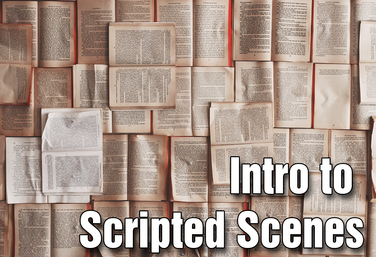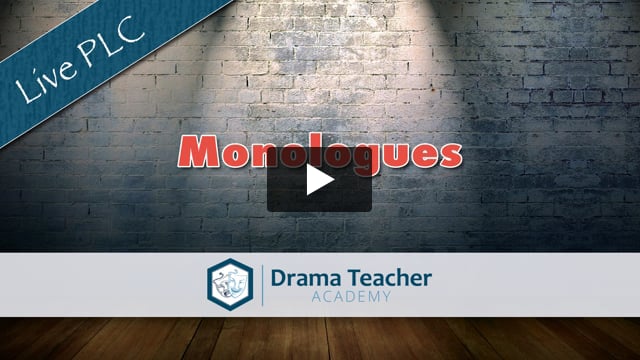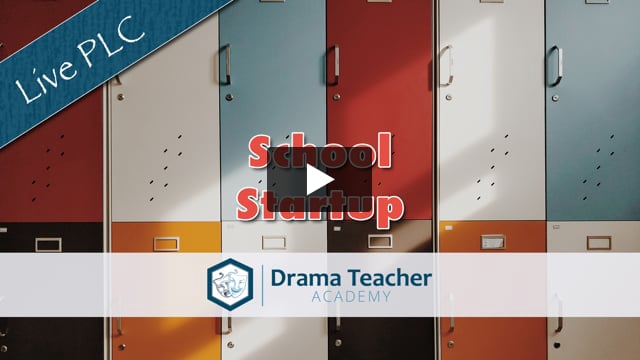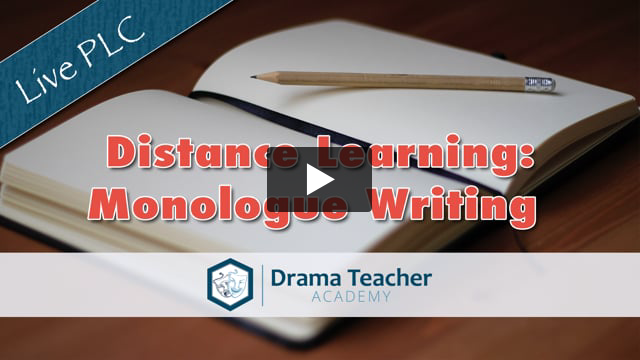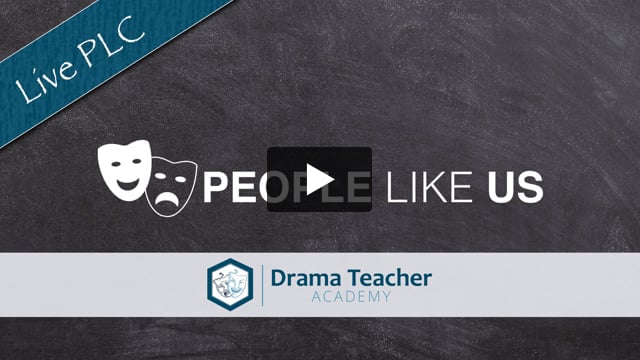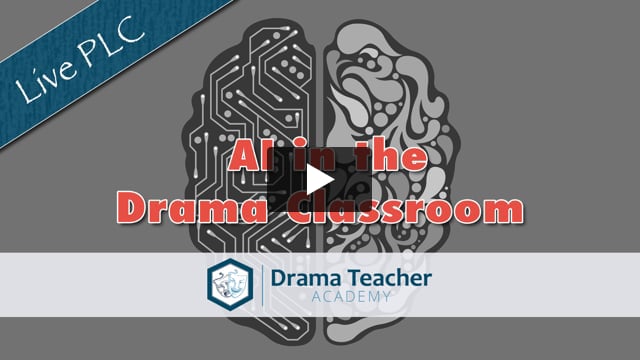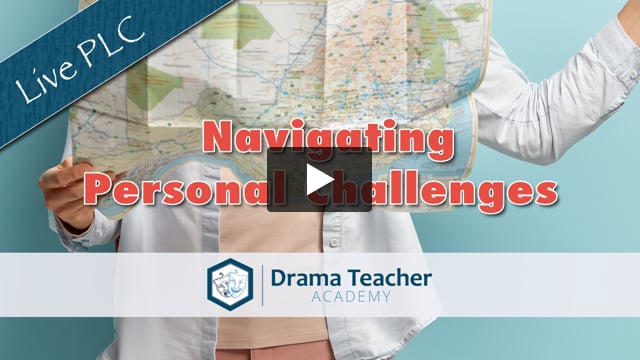Items tagged "Popular"
3 Courses, 6 Units, 1 Lesson Plan, 6 Resources, and 6 PLCs tagged "Popular" for Drama Teachers.
Courses
Big Picture Blocking: Staging Your Play Outside-In
by Todd Espeland
Serious Play: Theatre Games and Warmups for Rehearsal and Ensemble Building
by Todd Espeland
The Empathetic Classroom
by Steven Stack
Units
Pantomime
by Karen Loftus
Voice
by Karen Loftus
Unit One: Ensemble Building and Class Norms
by Lindsay Johnson
Unit Two: Improvisation Basics
by Lindsay Johnson
Unit Three: Building Improvised Scenes
by Lindsay Johnson
Unit Four: Intro to Scripted Scenes
by Lindsay Johnson
Lesson Plans
00 - Emergency Lesson Plans Ebook
by Lindsay Price
Resources
00 - Scenes for Classroom Study eBook
Movie Musical Classroom Study Guide: Hairspray (2007)
Movie Musical Classroom Study Guide: In The Heights
Movie Musical Classroom Study Guide: Matilda
Movie Musical Classroom Study Guide: Shrek
Movie Musical Classroom Study Guide: Singin' In The Rain
PLCs
Monologues
Hosted by Matt Webster, Lindsay Price, Matt Banaszynski, Gai Jones
School Startup
Hosted by Matt Webster, Lindsay Price, Tricia Oliver, Jeremy Bishop
Distance Learning: Monologue Writing
Hosted by Matt Webster, Lindsay Price
People Like Us: Teaching Strategies for Students with Disabilities
Hosted by Matt Webster, Lindsay Price, Kirsti Lewis, Kristi Brown, Lauren Modawell
AI in the Drama Classroom
Hosted by Matt Webster, Lindsay Price, Jessica McGettrick, Elizabeth Holbrook
Navigating Personal Challenges
Hosted by Matt Webster, Lindsay Price, Claire Broome, Lea Marshall
